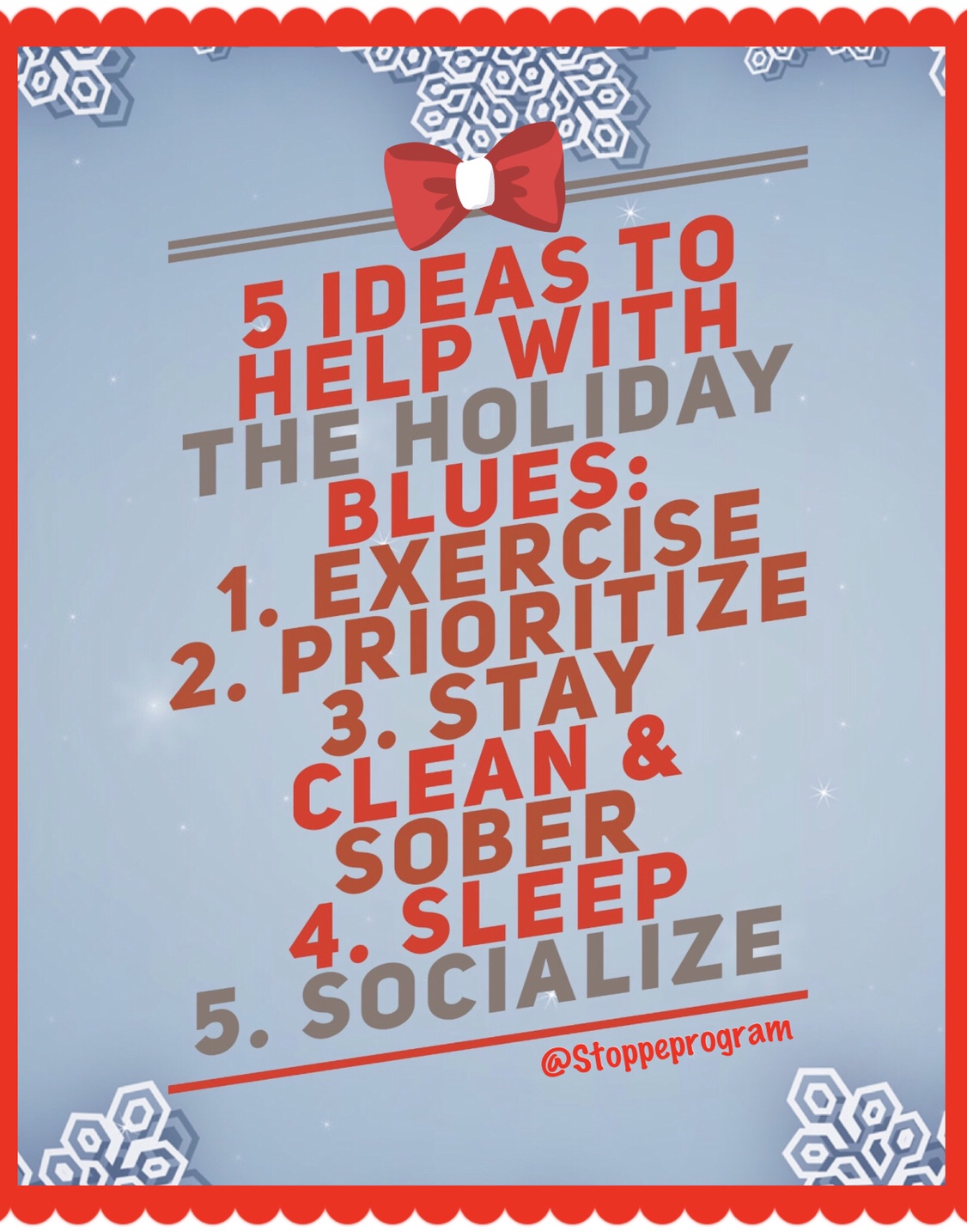As St. Patrick’s Day approaches, the excitement of this vibrant celebration fills the air. For those on the journey of recovery, it’s an opportunity to redefine the festivities without a drop of alcohol. As your mental health counselor, let’s explore creative and sober ways to make this St. Patrick’s Day memorable.
1. Pot of Gold Fitness: A Healthy Start
Kick off the day with a burst of energy! Gather some friends for a morning hike, a yoga class, or even a lively dance session. Starting the day with physical activity not only promotes well-being but also sets a positive tone for the celebrations ahead.
2. Sober Socials: Gathering with a Twist
Host a St. Patrick’s Day gathering with sober-themed activities. From board games and trivia to themed potluck dinners, creating an environment that celebrates camaraderie without alcohol can be both fun and fulfilling.
3. Culinary Adventures: A Feast for the Senses
Experiment with Irish-inspired cuisine! Try your hand at cooking traditional Irish dishes or explore healthier alternatives. Invite friends to join in the culinary adventure, turning meal preparation into a shared and enjoyable experience.
4. Luck of the Artistic: Express Yourself
Tap into your creative side with St. Patrick’s Day crafts. Whether it’s making DIY decorations or organizing a painting session, expressing yourself through art can be a therapeutic and enjoyable way to spend the day.
5. Community Spirit: Volunteer and Give Back
Consider giving back to the community by volunteering. Many local organizations host St. Patrick’s Day events that are family-friendly and alcohol-free. Joining a volunteer initiative not only contributes to a good cause but also provides a sense of purpose.
6. Nature’s Green: Outdoor Escapades
Connect with nature by organizing a group hike or picnic in a nearby park. The outdoors offer a refreshing and serene backdrop for celebrating St. Patrick’s Day, and it’s an excellent way to foster a sense of community among friends in recovery.
7. Reflect and Rejoice: A Gratitude Gathering
Gather with friends for an evening of reflection and gratitude. Share your recovery journey, express thanks for the supportive community, and celebrate the strides made toward a healthier, sober lifestyle.
8. Virtual Shenanigans: Connecting from Afar
For those unable to gather in person, leverage technology to connect virtually. Host a virtual game night, a themed Zoom call, or even a virtual dance party. Distance won’t dampen the spirit of celebration!
Conclusion: Soberly Embracing the Green
As we approach St. Patrick’s Day, let’s redefine the celebration, embracing the vibrant spirit without the need for alcohol. Whether it’s a fitness adventure, a culinary escapade, or a reflective gathering, there are countless ways to make this St. Patrick’s Day memorable, meaningful, and, most importantly, sober.
Wishing you a joyous and sober St. Patrick’s Day filled with laughter, camaraderie, and a touch of Irish magic!




 November and December are supposed to be the happiest months of the year, filled with celebration and joy. But are they? For some, stress, unrealistic expectations and even memories surrounding the holidays can trigger feelings of sadness, loneliness and anxiety, commonly known as the “holiday blues.” There’s no way to avoid or circumvent the holiday season, so what can you do?
November and December are supposed to be the happiest months of the year, filled with celebration and joy. But are they? For some, stress, unrealistic expectations and even memories surrounding the holidays can trigger feelings of sadness, loneliness and anxiety, commonly known as the “holiday blues.” There’s no way to avoid or circumvent the holiday season, so what can you do?